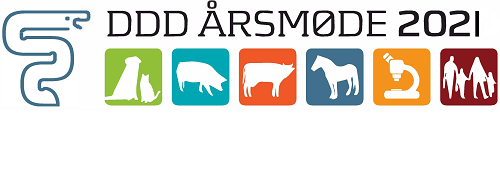
-
Henry L’Eplattenier
Clinical Director, Dr. Med. Vet PhD DiplECVS MRCVS, Southfields Veterinary SpecialistsHenry L’Eplattenier was born and grew up in Neuchâtel, in the French-speaking region of Switzerland. He studied at Bern University, then worked for the pharmaceutical company Ciba-Geigy in Basle (now part of Novartis) as a doctoral student in the Toxicology Department, where he completed a Swiss doctorate on nephrotoxicity testing of drugs using cell cultures.
Henry worked in large animal practice for one year in the beautiful and rural Jura mountains just south of Basle, before joining the Small Animal Hospital at Zurich University. He spent four years there and completed his specialist training in Small Animal Surgery under the supervision of Prof Pierre Montavon (the inventor of the Zurich Cementless Hip Prosthesis for dogs).
He obtained his Diploma of the European College of Veterinary Surgeons (ECVS) in 1998, then emigrated from Switzerland and moved to Oslo, Norway to live with his partner. After learning Norwegian, he joined the Norwegian Veterinary College as an assistant professor in Small Animal Surgery. In 2001, Henry was offered a position as a soft tissue surgeon at Utrecht University. He spent the next 5 years as a lecturer in Utrecht, where he was mainly responsible for the Small Animal urology consultations and operations.
Henry left Utrecht University to join VRCC, a specialist referral centre just outside London in 2006, where he is a consultant in soft tissue surgery. Henry was made Clinical Director in December 2016 when VRCC joined the Linnaeus Group and became Southfields Veterinary Specialists. Southfields Veterinary Specialists is part of the Linnaeus Group in the UK and also part of Mars Veterinary Health.Speaker til følgende sessioner-
09:50 - 10:30 Reconstructive surgery of the trunk: keeping it simple!13:40 - 14:20 Anal sac tumours14:30 - 15:10 Tumours of the lungs15:50 - 16:30 Lymph nodes: when, why and how to remove them?
-
